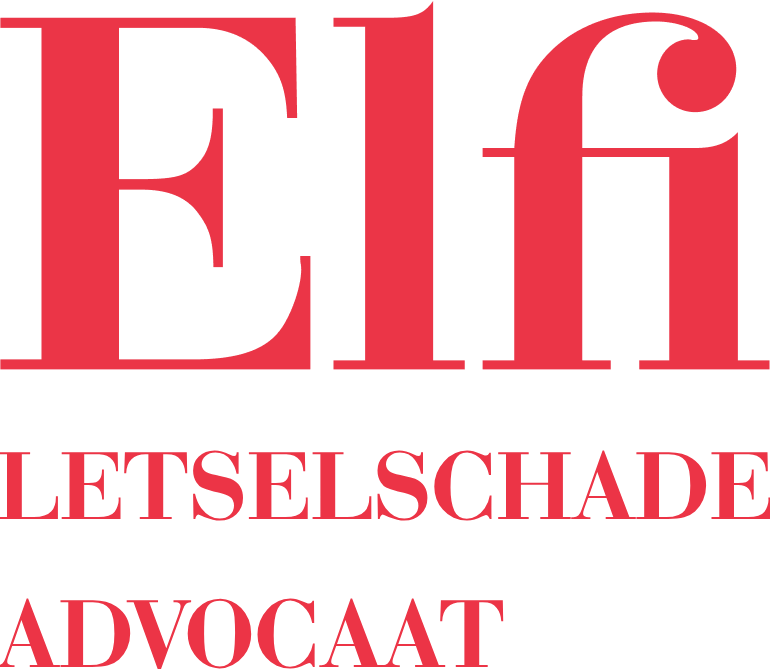The Rotterdam law firm Elfi has not abused procedural law in a personal injury procedure. This was determined by the Rotterdam Court of Justice in a recent judgment. The court is thus striking out an earlier judgment by the Rotterdam judge. According to him, the office too often initiates partial settlement procedures against insurers that do not want to pay the extrajudicial costs. A procedure of this kind is not intended for this purpose, according to the Rotterdam judge (find location of judgment ECLI:NL:RBROT:2019:266).
Another judge of the same court does not share this view (find location of judgment ECLI:NL:RBROT:2020:2843). Initiating a procedure is only rarely unlawful, according to the court, especially since access to an independent judge is enshrined in Article 6 of the ECHR. In short, proceeding is a human right that cannot be easily infringed. And this judge has done so wrongly.
Mr. Onur Emre, lawyer and owner of law firm Elfi, believes it is right that this Rotterdam judge has been corrected by his colleague. “His remarks to the office were completely out of place. This judge has been making these kinds of short-sighted statements in personal injury cases for years. Especially to the detriment of victims. Unbelievably, because both parties have nothing to gain from such statements.”
What bothers him most is that this judge does not resolve the dispute in partial settlement procedures, but rather aggravates it. “You can also see that in this case. In this way, he is actually only creating extra work for his colleagues at the court who have to keep straightening out his unfair judgments.”
“While the partial settlement procedure was introduced by the legislature precisely to speed up deadlocked negotiations (including advance payment of damages) between the parties over the amount of the damage,” Emre notes. “With the underlying idea that a judge will look at a dispute in an objective way and make a decision that is acceptable to both parties.”
According to Emre, this judge has sent the wrong signal to the personal injury sector with his ruling. “Because all judges look at it and do something with it. They bring it up during hearings and other procedures. Lawyers for the other party also keep talking about it, they can’t get enough of it.” Emre hopes that the attitude of this judge has changed as a result of this ruling. “But one swallow does not make a summer, so we’ll see.” For the time being, his office is still at the mercy of the whims of the judge, he expects.
The text describes a legal case in which a Rotterdam law firm was accused of abusing procedural law in a personal injury case. The firm was accused of filing too many partial settlement procedures against insurers that did not want to pay the extrajudicial costs. A Rotterdam judge ruled in favor of the insurer in an earlier case, stating that the firm’s actions were unlawful.
However, a different Rotterdam judge overturned this ruling in a recent case. The second judge found that the firm’s actions were not unlawful, as they were protected by the right to access an independent judge. The second judge also found that the firm’s actions were not intended to disrupt the settlement process, but rather to speed it up.
The client of the law firm, Mr. Onur Emre, is pleased with the ruling. He believes that the first judge’s ruling was unfair and sent the wrong signal to the personal injury sector. Emre hopes that the second judge’s ruling will help to ensure that victims of personal injury are able to access justice.
The text also discusses the importance of the partial settlement procedure in personal injury cases. The partial settlement procedure is a way for the parties in a personal injury case to resolve their dispute without going to court. The procedure is designed to be faster and cheaper than a court case.



